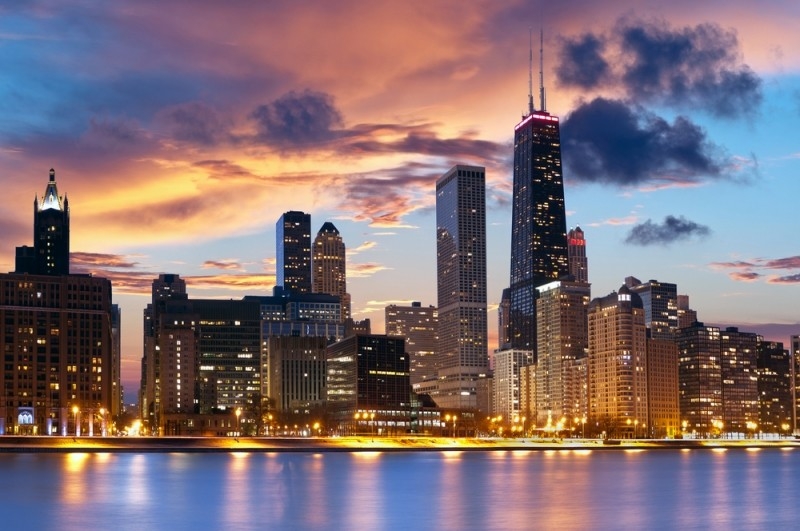In response to Chicago's recent Cloud Tax - which adds 9% to the cost of online services such as Spotify, Amazon and Netflix - a nonprofit organization representing a group of the city's residents has launched a lawsuit that claims the policy is illegal.
The suit was filed last week in Cook County state court. It claims the city comptroller's decision to apply the existing Amusement tax to online services amounted to a new tax that could only have been imposed by a vote from city aldermen.
The lawsuit also claims that the cloud tax contravenes the Internet Freedom Tax Act of 1998, which prohibits local, state and federal governments from imposing discriminatory internet-only taxes, such as email or bandwidth taxes. Moreover, the plaintiffs claim the tax discriminates against electronic commerce; it's been pointed out that while the levy is applied to Netflix's streaming service, it doesn't affect the company's DVD-by-mail services.
It's been reported by the Chicago Tribune that the cloud tax is expected to bring in $12 million annually to the city, and that it is part of a larger attempt to ease budget problems by Mayor Rahm Emmanuel. The city says it will fight the lawsuit vigorously, and that the new tax is merely an extension of the existing Amusement tax, therefore legal.
"The City has not yet seen the complaint, but we are confident that the ruling is a valid application of the existing Amusement Tax," a law department spokesman told the Tribune.
The tax is believed to be the only one of its kind in the country. Because it is part of the Amusement tax - which applies to charges paid for the privilege to participate in, witness or view amusement - the cloud tax also extends to online gaming.
